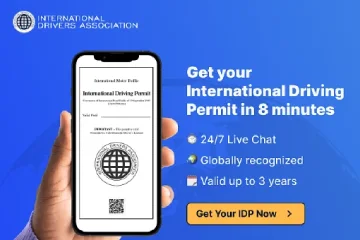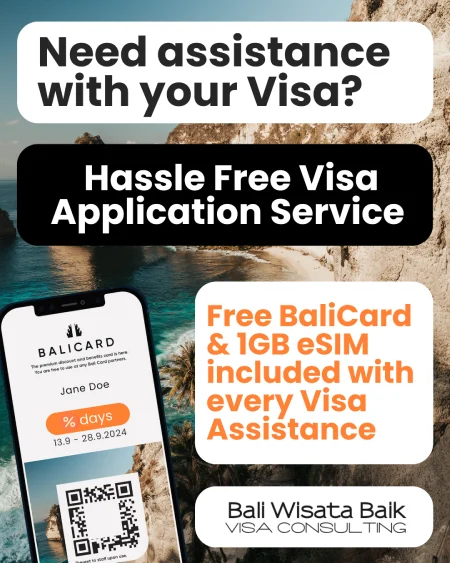Things to Do in Bali
Working abroad in paradise
Relocating to a new country for work can be daunting, and moving to an island can be quite a lifestyle adjustment, especially transitioning from an urban jungle. Although Bali has forgone a city-like development, being constantly surrounded by nature provides a freeing environment that encourages a stress-free attitude. Who doesn’t want to clock out of the job and head straight to the beach to end the day by watching a sunset?
Your Employer – The Company
To work in Indonesia, a local company must sponsor your work and stay permit — the KITAS. Not every business can do this, as they need to meet legal requirements like minimum capital and company structure.
On top of that, the company must justify why they need to hire a foreigner for a certain position. The idea is to protect local jobs. That’s why KITAS are mostly issued for management roles or highly skilled positions, and you’ll need to prove your qualifications with a solid CV and supporting documents.
Because the process is costly and takes time, most companies are quite selective when hiring expats.

You cannot legally work for a company in Bali unless the company sponsors a KITAS (work and residence permit) for you. Not all businesses are able or willing to do this — either due to legal restrictions or financial limitations.
Legal Aspects & KITAS
Most work contracts in Bali are for 1–2 years. The company that hires you is responsible for organizing your KITAS — the work and stay permit — and handling all legal paperwork. You’ll need to provide your CV, passport, and other documents. Your CV must match the job requirements and show you’re qualified for the position.
In most cases, your KITAS is processed while you’re still abroad (called an offshore KITAS). Many companies work with visa agents to take care of this. A KITAS is usually valid for 12 months, though some are only for 6 months, and must be renewed when it expires.
The company also pays a monthly government fee of USD 100 on your behalf. This is called DKP-TKA — a compensation fund for hiring foreign workers.
With a KITAS, you can leave and re-enter Indonesia without needing a separate visa — it’s multi-entry. You’ll be registered with the local social security system (BPJS), and a portion will be deducted from your salary. You’ll also receive a local tax number, and your income tax is typically withheld and paid directly by the company.
It’s often easiest to negotiate your salary as a take-home amount — this way, the company handles the taxes and extras, and you know exactly what you’ll receive.
What jobs are available?
KITAS are only issued for jobs that are hard to fill with local talent. That means you can’t legally work in Bali as a waiter, bartender, shop assistant, or cleaner. Jobs like these are reserved for locals.
Most foreigners working in Bali are in the hospitality and leisure industries — especially in larger businesses that can afford the process and have permission to hire foreigners. International hotel chains sometimes hire several expats in key roles like General Manager, Executive Chef, or Marketing Director.
Some bigger restaurants and clubs also bring in foreign chefs or managers. International and private schools do hire expat teachers, though the application process is slightly different. There are also opportunities in the activity sector — for example, as dive instructors, surf coaches, or yoga teachers (depending on qualifications).
Insurances & Other Benefits
Medical insurance is the most important coverage to have when working abroad — for yourself, and your family if they’re joining you. As an employee, you’ll automatically be registered with Indonesia’s national healthcare system (BPJS). However, many expats also negotiate private international insurance into their contract, which gives access to better hospitals in Bali and coverage for treatment abroad if needed.
Some expat contracts also include extra benefits like a housing allowance, transport or a company car, annual return flights to your home country, or help covering school fees for your kids.
In the end, everything comes down to negotiation.
To hire a foreign worker, a company needs to meet certain criteria — including having enough paid-up capital and being in the right line of business. The employer usually covers the full cost of the KITAS and handles the process, either directly or through an agent. That’s why many small businesses choose not to hire expats.

























